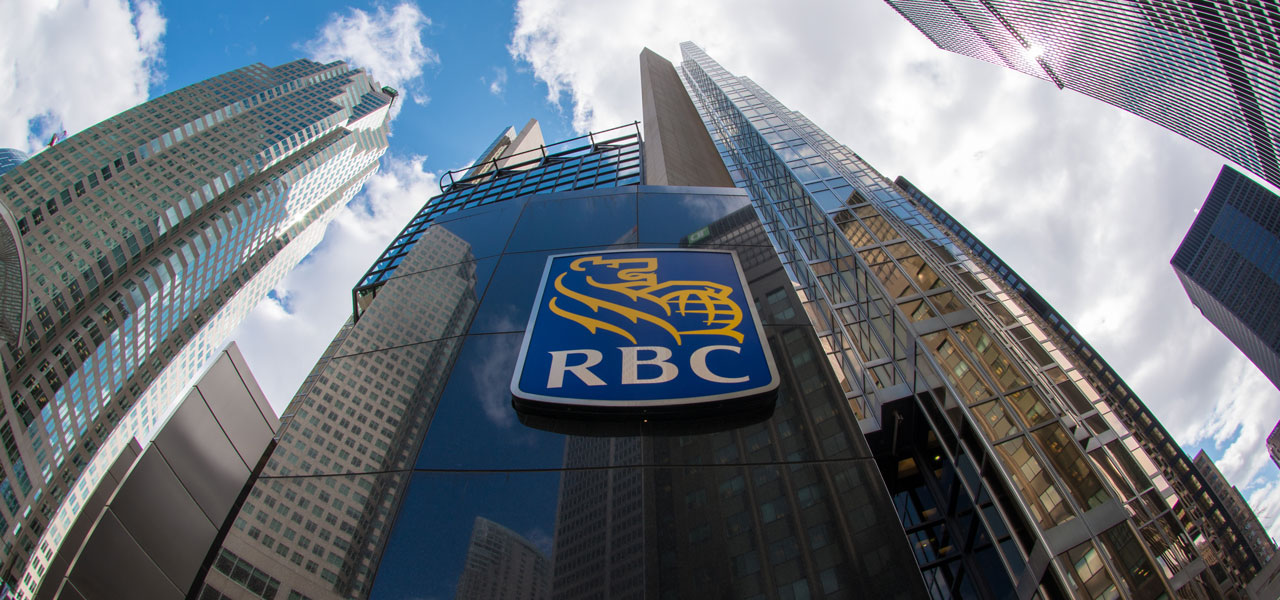Fossil fuel expansion will be the litmus test for banks’ net-zero promises

Financial reporter Shawn McCarthy spent many years at the Globe and Mail, and has recently moved to Corporate Knights to cover sustainability issues. His recent article highlights how investor and public pressure is growing on banks – especially RBC – to deliver on vague net zero promises by drawing the line at financing further fossil fuel expansion.
Under the Glasgow Financial Alliance for Net Zero forged for COP26, the banks have committed to not only decarbonize their portfolios but to adopt a transparent and rigorous short-term strategy that ensures they meet that 2050 target. The alliance, led by former Bank of England governor Mark Carney, comprises separate agreements for various financial sectors.
The banking agreement includes many of the largest financial players in North America, including JPMorgan Chase, Citigroup Inc., Royal Bank of Canada and Toronto-Dominion Bank.
The article highlights investor groups who are also building up pressure to make clear short term financed emission reduction targets:
Civil society research groups in the United States and Canada are determined to hold the industry’s collective feet to the fire. On December 16, Investors for Paris Compliance, a Canadian advocacy organization, released a “best practices” report that aims to guide not only banks but their shareholders, who are increasingly challenging business-as-usual practices at annual meetings.
The report calls on banks to put in place policies that will allow them to cut the carbon emissions of companies they finance by half by 2030, and to immediately end financing for new fossil fuel projects. The banks should adopt science-based targets for 2030 – aligned with the goal of limiting the average global temperature increase to 1.5°C above pre-industrial levels – and tying compensation to progress on meeting the climate goals.
The report notes that the world is already seeing enormous costs from extreme weather events related to climate change, most recently with the catastrophic flooding in British Columbia and the searing heat and drought experienced throughout western North America last summer.
